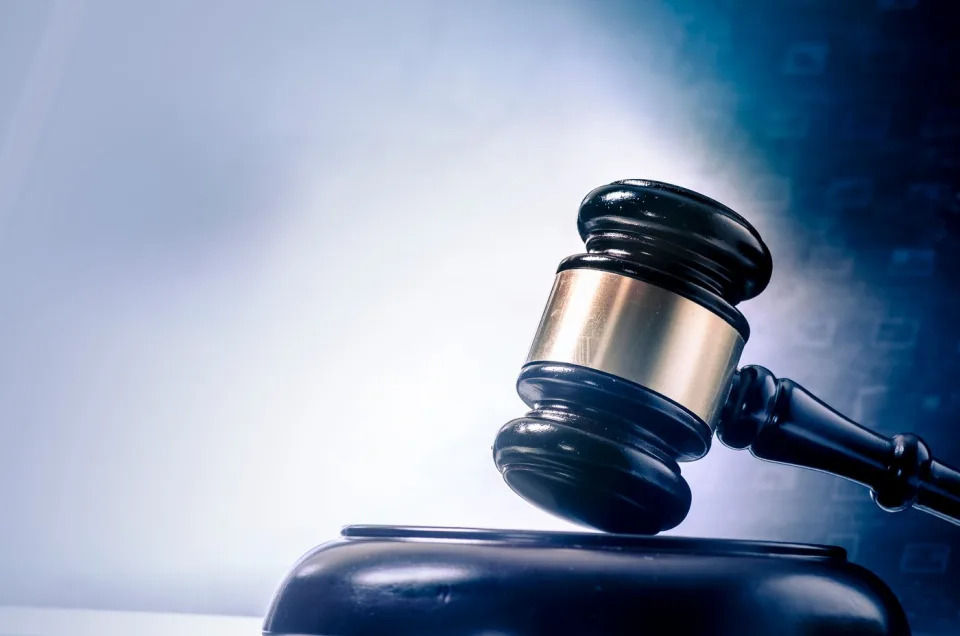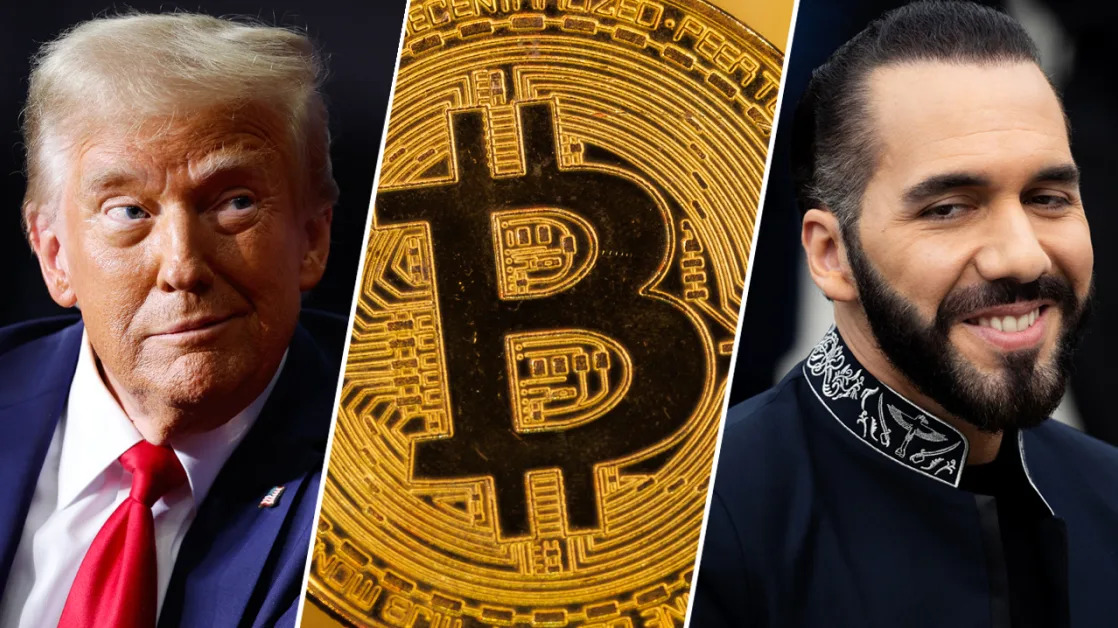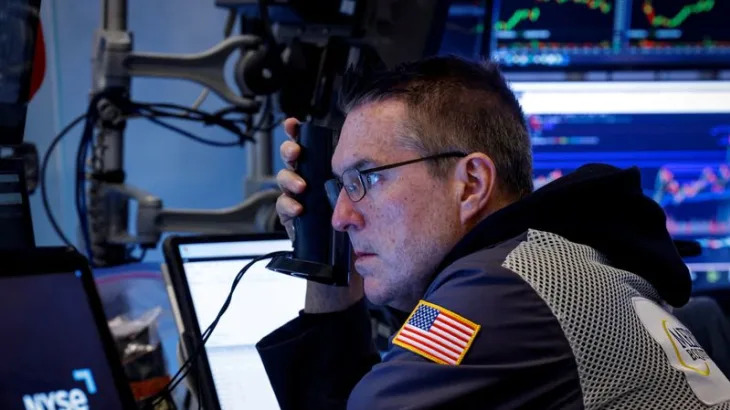Once upon a time, I thought Brad Garlinghouse's legacy would be the peanut butter manifesto. In a 2006 memo, Yahoo! vice president Garlinghouse wrote a memo explaining that the company was spreading itself too thin across too many business projects, stopping it from becoming truly great at anything. You know, like spreading peanut butter too thin on a slice of bread.
It was the best description of scatter-brained diworsification I've ever seen, and a memorable milestone in Yahoo!'s journey from online empire to fading historical footnote.
Well, Brad Garlinghouse wasn't done setting standards after that memo. After bouncing around a few advisory and executive roles, he took the CEO office at Ripple Labs in 2015. The XRP (CRYPTO: XRP) cryptocurrency, often called Ripple like its underlying organization and global payments service, may have turned the page on American crypto regulations this week -- still under Garlinghouse's reins.

The SEC vs. Ripple story so far
Let's start with a quick synopsis. Every Ripple investor worth their salt is aware of the organization's legal challenges. The Securities and Exchange Commission (SEC) launched a lawsuit against Ripple Labs and a few key executive (including CEO Brad Garlinghouse) in December 2020.
In this suit, the SEC argued that the XRP cryptocurrency should have been launched like a proper security -- stock, bond, investment contract, and so on -- with SEC registration and other legal requirements. The Ripple team wanted their currency to be treated more like the dollar, the Euro, or the yen, a commodity with looser regulatory restrictions.
The steps forward and back in that process have set the tone for Ripple's price chart ever since. District Judge Analisa Torres dismissed most of the SEC's complaints last summer, placing Ripple in the commodity category as long as the organization was dealing with amateur investors of users of the RippleNet payments system.
The case moved on to a jury trial to settle how Ripple should be treated in relation to professional investors. The SEC asked for $2 billion in damages, based on the XRP launch collecting $723 million from "sophisticated buyers." Ripple said it shouldn't owe more than $10 million for committing a clerical error launching a new asset type in 2013.
What's new?
That brings me to Wednesday, August 7 of 2024. Judge Torres issued a final ruling in the SEC's remaining case, and it was far from the costly punishment the regulators had requested.
The verdict ordered Ripple Labs to stop selling any assets to professional investors without properly registering them as securities with the SEC, and to pay the court $125 million in civil penalties. That's roughly 6% of the SEC's suggestion and barely a slap on the Ripple Labs organization's proverbial wrist.
As a private company, Ripple Labs doesn't have to report its financial details and the size of its cash reserves. But the group has dropped a few hints about its financial health recently. Ripple bought back $285 million of its privately held shares earlier this year, at terms implying a total market value of $11.3 billion. At the time, Garlinghouse said that Ripple Labs has more than $1 billion of cash on hand alongside more than $25 billion in crypto holdings. And the XRP cryptocurrency's total market value stands at $61 billion today, not including cash pools held in foreign countries as a functional piece of the border-crossing payments network.
So Ripple can easily bear this civil penalty and move on as a powerhouse in the area of international money transfers. Crypto investors were quick to embrace the verdict -- Ripple's price jumped 27% higher in a 90-minute sprint as this gavel bang echoed across the internet.
The implications of Ripple's legal victory for all cryptocurrencies
More to the point, Judge Torres' verdict should help regulators and investors firm up the legal framework for creating, selling, buying, and owning cryptocurrencies in general.
The $125 million fee won't break Ripple's bank, but it's still a punishment for financial wrongdoing. Analisa Torres has classified XRP as a security in some cases (when dealing with professional investors and money managers) but not in general use (as in running the payments network or trading crypto coins on the public market).
I'm no lawyer and you shouldn't take my analysis as legal advice on any level. And the SEC may very well appeal this unfavorable verdict, putting the lengthy lawsuit case through a few more years of legal wrangling. But as it stands, the dual nature of this ruling hints at a future where cryptocurrencies with different designs and real-world use cases could operate under different regulatory rules.
Again, I could be wrong and SEC appeals might throw a bucket of digital spanners into the flexible crypto future I envision. If I'm in the right zip code as the actual future, crypto investors should enjoy a firm but friendly legal system in America, setting the tone for better regulatory crypto systems around the world. Beyond the direct impact on Ripple and its investors, leading crypto names such as Bitcoin and Ethereum would feel those tailwinds, too.
Investors detest uncertainty and this ruling is at least a small step in the direction of more transparency, confidence, and assurance across the cryptocurrency market. This newfangled asset class is growing up and figuring out what it actually is. The final answers are less important than the process of finding them.
That's why Judge Torres' final verdict is a big deal, and not just for Ripple investors. Future crypto owners may remember this Wednesday as a game-changing moment for the whole crypto market. Now I can stop thinking of Brad Garlinghouse as "that peanut butter guy."
Before you buy stock in XRP, consider this:





